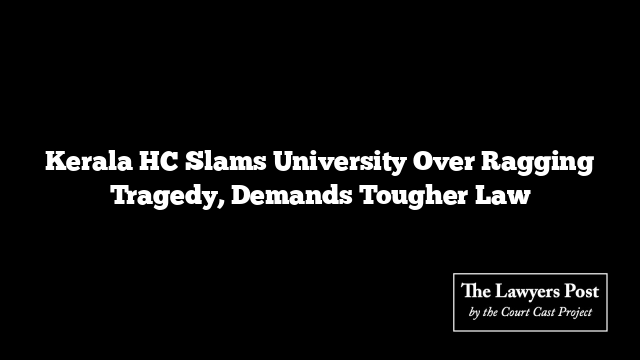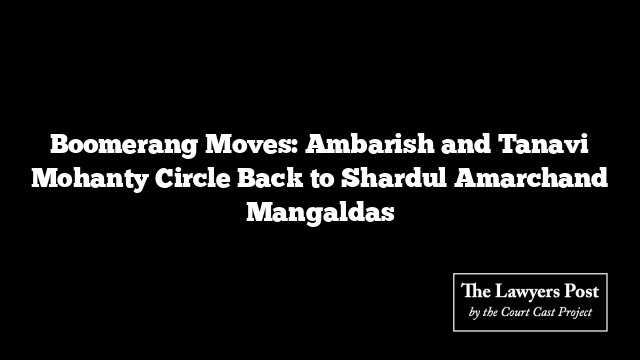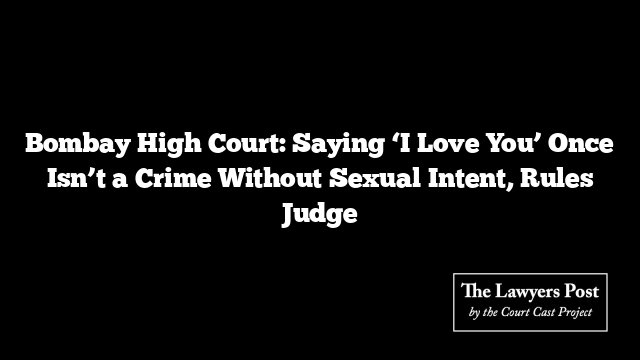In a courtroom laced with indignation, the Kerala High Court delivered a sharp rebuke to the Kerala Veterinary and Animal Sciences University (KVASU), demanding accountability from top officials and pushing the State to draft a hard-hitting anti-ragging law that leaves no room for leniency.
The case revolved around the tragic suicide of 20-year-old Sidharthan, a second-year veterinary student who was found dead in his hostel room at Pookode in February 2024. Investigations revealed he had suffered brutal ragging — physical assault and public humiliation at the hands of fellow students. What followed was not just an institutional failure, but what the Court described as a chilling display of indifference.
Justice DK Singh, presiding over the petitions filed by Dr MK Narayanan (Dean) and Dr R Kanthanathan (Assistant Warden) — both suspended in the aftermath of the incident — minced no words in condemning the University’s decision to reinstate the officers and quietly shift them to another campus.
“The insensitivity of the University leaves this Court in shock and disbelief,” the judge remarked, slamming the institution for ignoring the findings of both an internal probe and a judicial inquiry led by a former High Court judge, which held the officers responsible for gross negligence and dereliction of duty.
Despite the damning evidence, the University’s Board of Management chose to reinstate the duo, misreading a Chancellor’s communication as a prohibition against disciplinary action. The Court wasn’t having it. Calling the move “unjustified and insensitive,” it ordered that disciplinary proceedings against the officers must be completed within three months — and that punishment for the guilty students must follow swiftly.
But the Court went further, taking aim at the broader system that allowed this to happen in the first place.
“The UGC Anti-Ragging Regulations, though stringent, have clearly failed to curb the menace. The State must now rise to the occasion and enact a tougher law — one with teeth, not just text,” the judgment said.
Following the suicide, multiple students were booked under serious charges, including abetment of suicide, assault, wrongful restraint, and confinement. The case was later transferred to the CBI, which filed a chargesheet naming 19 accused. In a controversial twist, a single-judge bench had allowed the expelled students to return to the Mannuthy campus — a decision that was later stayed after Sidharthan’s mother challenged it before a division bench.
Through it all, the memory of a young life lost to unchecked cruelty lingered heavy in the courtroom. And the message from the bench was unmistakable: institutions can no longer afford the luxury of delay, denial, or diluted action. The time for a real reckoning is now.





